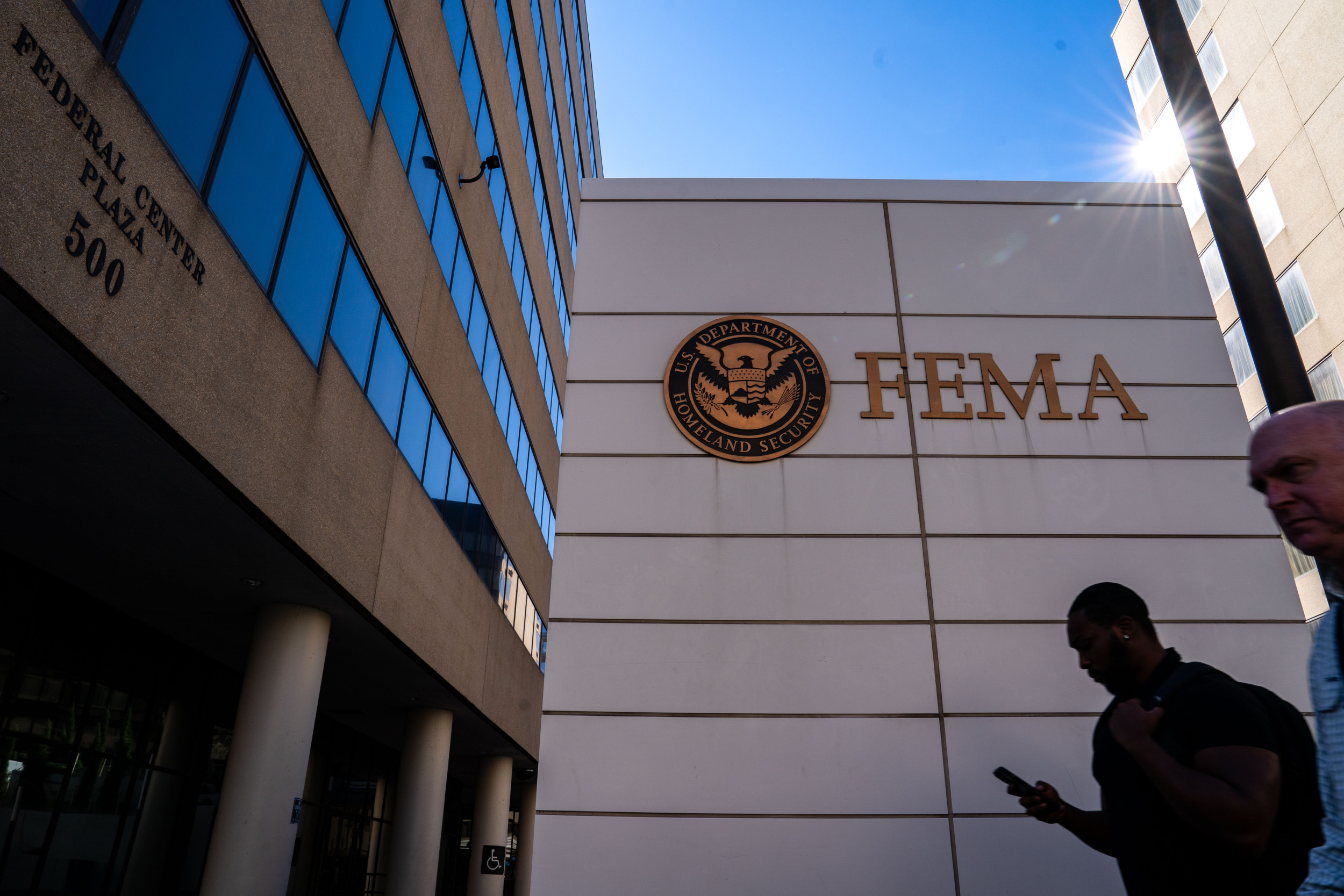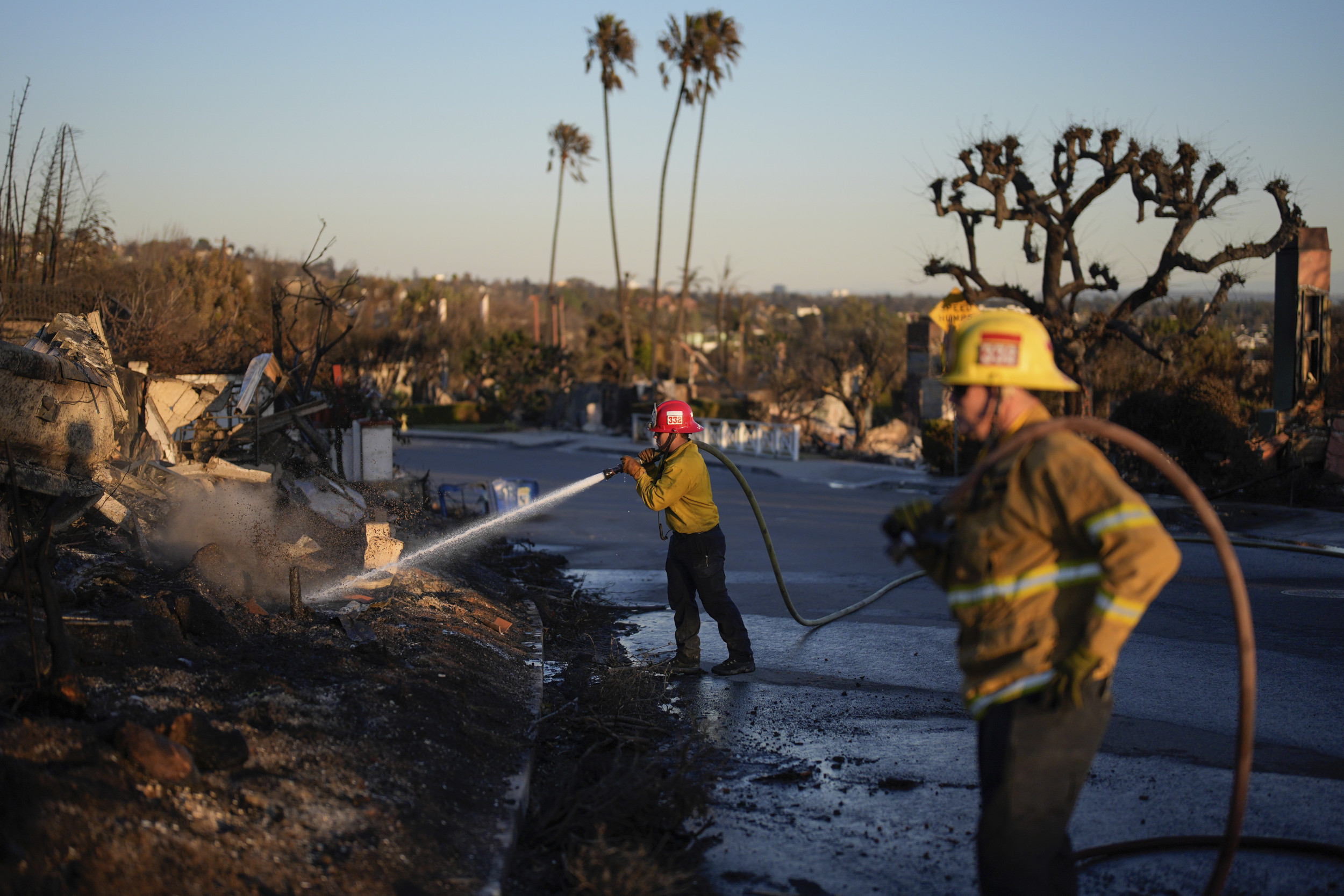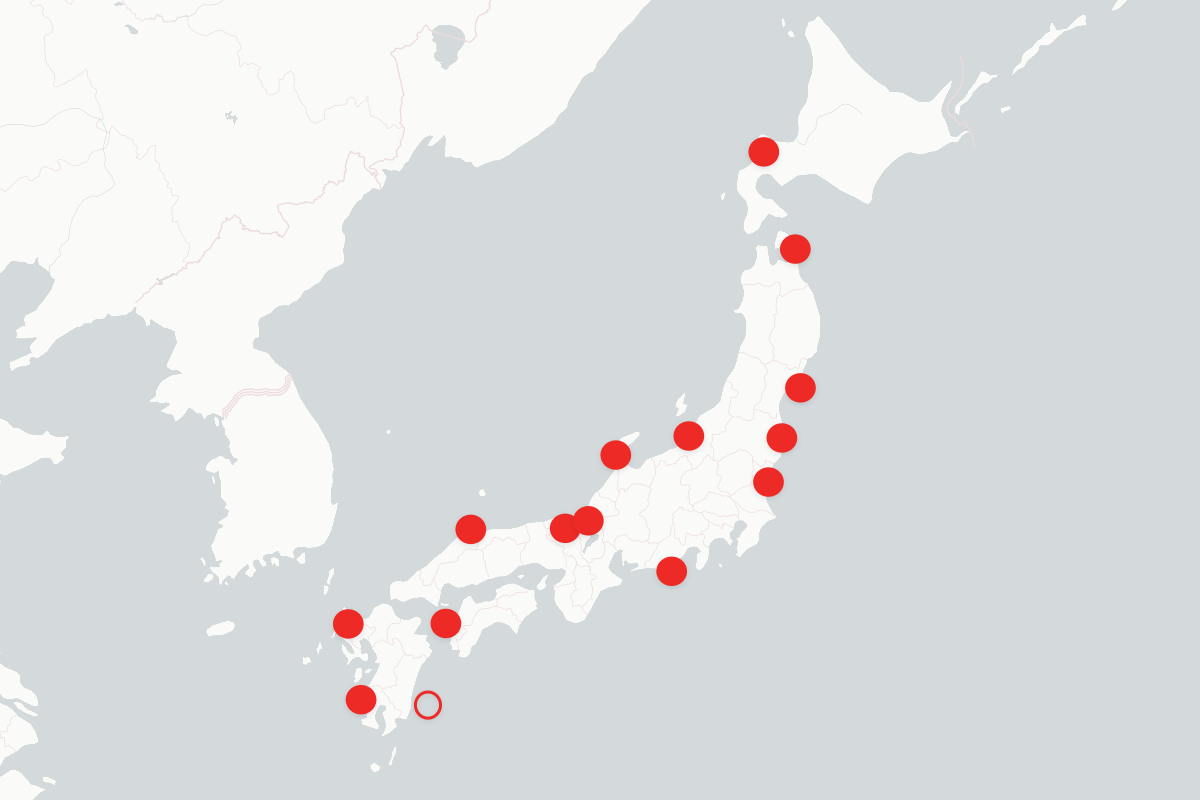Ryanair on Monday urged European authorities to impose stricter limits on alcohol sales at airports, citing concerns about passenger behavior and flight safety amid a lawsuit against an unruly passenger.
Why It Matters
Incidents involving disruptive passengers have been a growing concern for aviation authorities worldwide. The European Union Aviation Safety Agency (EASA) noted a post-2020 increase in both the frequency and severity of such incidents, although specific links to alcohol consumption remain unclear.
Globally, the International Air Transport Association (IATA) reported one disruptive passenger incident per 480 flights in 2023, an increase from one per 568 flights in 2022. These incidents encompass a range of behaviors, including verbal abuse, physical violence and smoking onboard.
What To Know
The push from Ryanair comes as the airline continues legal action against a disruptive passenger whose actions forced a costly flight diversion in April 2024.
The Irish budget carrier is seeking over €15,000 ($15,324) in damages, claiming the incident—on a flight from Dublin to Lanzarote—necessitated an unscheduled landing in Porto, Portugal. The disruption left over 160 passengers delayed overnight and cost the airline significantly in fuel, lodging and legal expenses.

In a statement on Monday, Ryanair outlined the financial toll of such incidents and proposed that EU airports adopt a two-drink limit for passengers, enforced via boarding passes.
"It is time that EU authorities take action to limit the sale of alcohol at airports," Ryanair wrote in a statement. "We fail to understand why passengers at airports are not limited to two alcoholic drinks (using their boarding pass in exactly the same way they limit duty-free sales), as this would result in safer and better passenger behaviour on board aircraft, and a safer travel experience for passengers and crews all over Europe."
Ryanair emphasized that while it and other airlines impose strict limits on alcohol sales during flights, passengers are still able to drink excessively at airport bars before boarding, especially during delays, where restrictions are far more lenient.
This has fueled long-standing concerns among aviation agencies about disruptive in-flight incidents. Such behavior, which can escalate into verbal abuse, harassment, violence or even health hazards like onboard smoking, continues to challenge the industry's efforts to ensure passenger and crew safety.
Other Efforts To Limit Alcohol For Travelers
Efforts to mitigate such incidents have focused on promoting responsible alcohol service, preventing intoxicated passengers from boarding, and implementing safety campaigns like the U.K.'s "One Too Many" initiative.
In the United States, the Federal Aviation Administration recorded 2,102 unruly passenger incidents in 2024 and issued $7.5 million in fines. Although these figures represent a decline from the 2021 peak of 5,973 incidents, they reflect the ongoing challenges of maintaining flight safety amid increasing passenger tensions.
Similar Limits
In 2016, British low-cost airline, Jet2.com, banned alcohol on all morning flights taking off before 8:00 a.m. in an attempt to tackle "disruptive and abusive behavior."
The airline, however, has stated its support for a plan trialled at Glasgow and Manchester airports, where all alcohol is sold in sealed bags in a bid to stop passengers from consuming it before boarding.
What People Are Saying
The U.S. Transportation Security Administration (TSA) notes: "FAA [Federal Aviation Administration] regulations prohibit travelers from consuming alcohol on board an aircraft unless served by a flight attendant. Additionally, flight attendants are not permitted to serve a passenger who is intoxicated."
Phil Ward, managing director of Jet2.com, said in 2016: "We believe that stopping sales of alcohol before 8:00 a.m. on our morning flights is an effective way to ensure everyone has an enjoyable journey. We call upon industry partners to also trade responsibly."
What Happens Next
While it is unclear if EU airports will adopt the drink limit proposed by Ryanair, the call for reform highlights the importance of addressing alcohol consumption at airport terminals.
This article includes reporting from The Associated Press.






.png)













 English (US) ·
English (US) ·